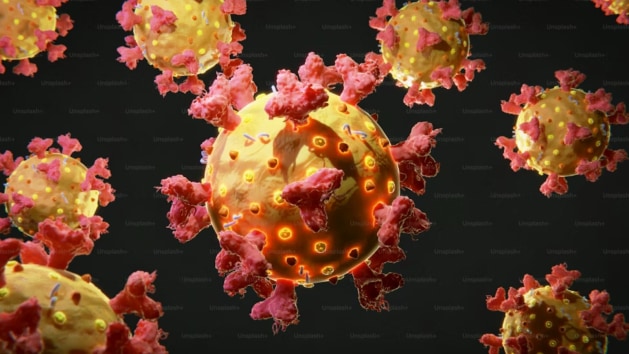Signs you might be at a risk of developing cancer
Recognising cancer signals early and seeking medical advice in time can make a significant difference.
 1 / 7
1 / 7Cancer often develops silently, showing no symptoms in its earliest stages. However, certain warning signs should not be ignored, as they can indicate a higher risk of cancer or early onset. Recognizing these signals and seeking medical advice in time can make a significant difference. (Source: Photo by unsplash )
You have exhausted your
monthly limit of free stories.Read more stories for free
with an Express account.Already have an account? Sign InCurious to know the full story?Already a subscriber? Sign InCurious to know the full story?This content is exclusive for our subscribers.Subscribe now to get unlimited access to The Indian Express exclusive and premium stories.Already a subscriber? Sign In- 2 / 7
Unexplained Weight Loss: Losing weight without trying, especially more than 5 to 10 kg in a few months, can be an early sign of cancers like pancreatic, stomach, or lung cancer. Rapid weight loss often indicates that the body is using excessive energy to fight abnormal cell growth. (Source: Photo by unsplash )
- 3 / 7
Persistent Fatigue: Extreme tiredness that doesn’t improve with rest may suggest underlying cancer. Fatigue can occur due to cancer cells consuming the body’s nutrients, leading to anaemia or metabolic imbalances. (Source: Photo by unsplash )
- 4 / 7
Unusual Lumps and Swelling: Any lump, bump, or swelling that persists or grows over time, especially in the breast, armpit, neck, or groin—should be evaluated. While not always cancerous, lumps can indicate tumours or abnormal cell activity. (Source: Photo by unsplash )
- 5 / 7
Changes in Skin and Moles: Darkening skin patches, new moles, or changes in existing ones (size, shape, or color) could indicate melanoma or skin cancer. Persistent itching, sores, or unusual pigmentation are also red flags. (Source: Photo by unsplash )
- 6 / 7
Chronic Cough or Difficulty Swallowing: Chronic Cough or Difficulty Swallowing: A cough that doesn’t go away, hoarseness, or difficulty swallowing may signal cancers of the throat, oesophagus, or lungs. When persistent, these symptoms require immediate medical attention. (Source: Photo by unsplash )
- 7 / 7
Abnormal Bleeding and Discharge: Unexpected bleeding, such as blood in stool, urine, coughing up blood, or abnormal vaginal bleeding, can be linked to cancers of the colon, bladder, cervix, or lungs. Early diagnosis is critical when such signs appear. (Source: Photo by unsplash )